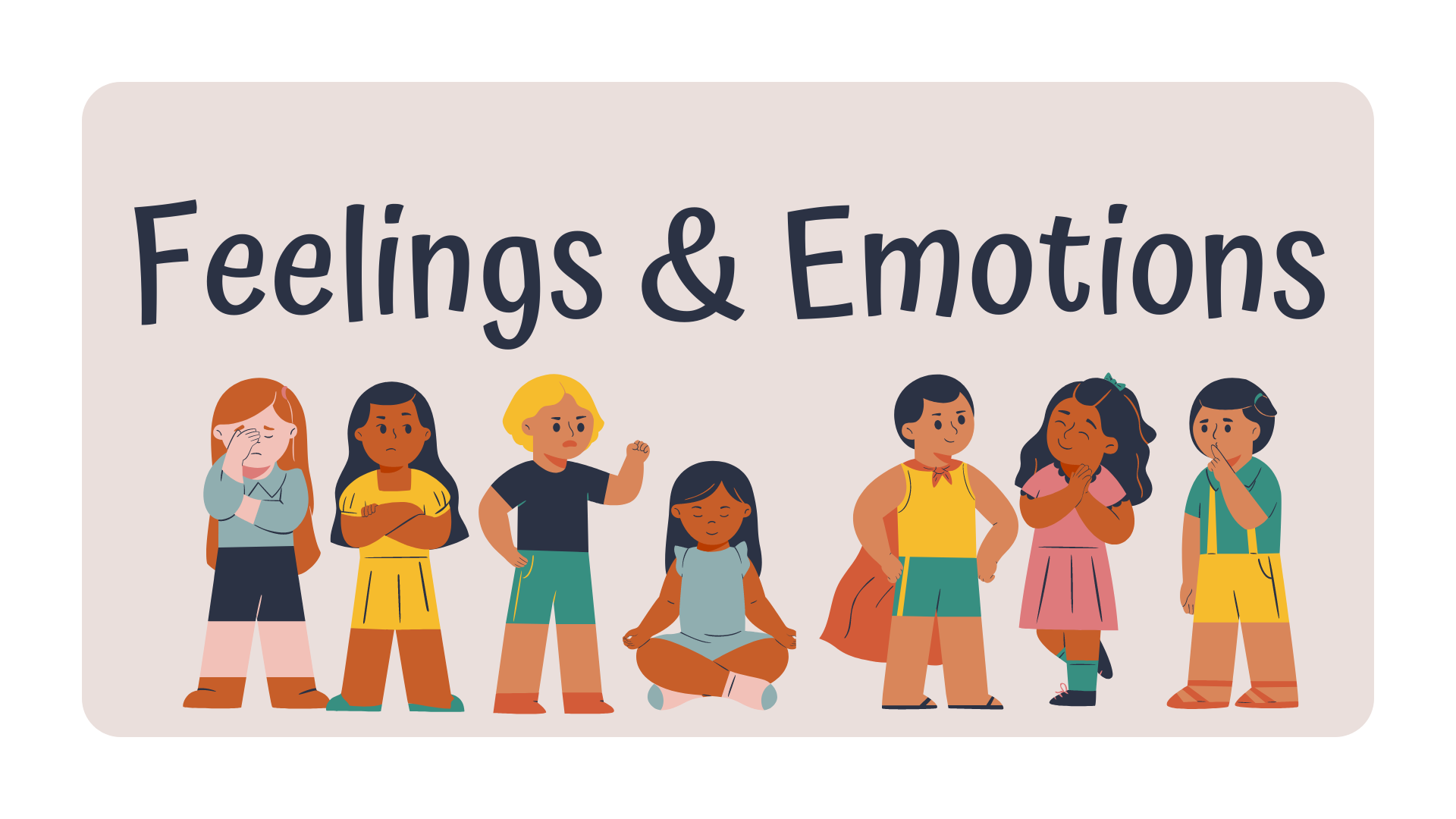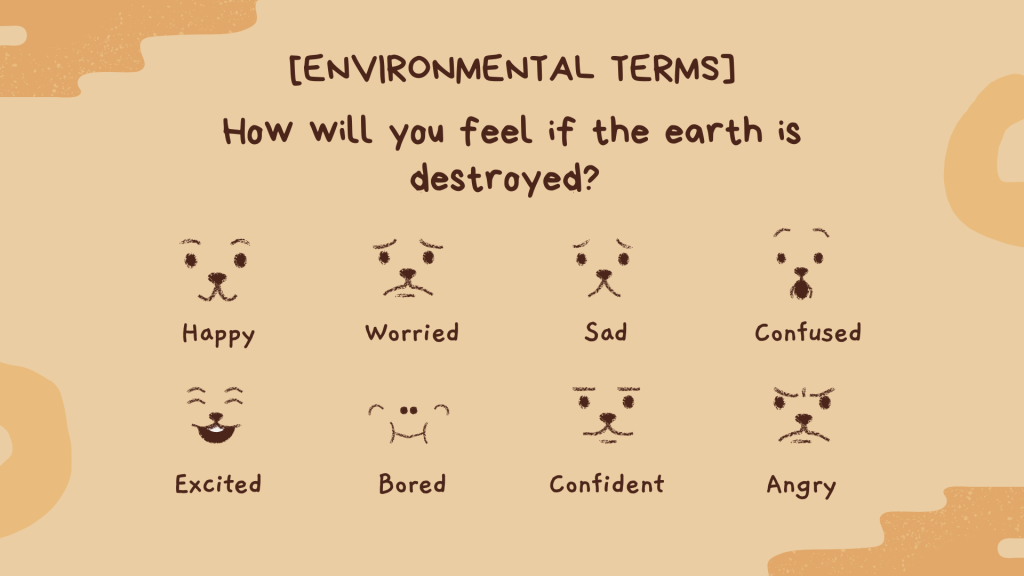1. General definitions
Ecological emotions: Describes the interactions between people and their environment and the psychological effects that environment can have on an individual. It has been shown that people who have experienced natural disasters have a higher incidence of Post Traumatic Stress Disorder (PTSD) due to the psychological trauma they have experienced. It has also been shown that general weather conditions affect the mood of individuals, as the cold and overcast days of winter can cause depression in some individuals or emotional disturbances in some individuals. season. Therefore, it is clear that the natural environment one lives in greatly influences one’s emotions. As climate change continues, disaster rates are predicted to increase. This will only prolong negative ecological feelings, as people will develop a fear of their environment and will feel loss and depression when the places they love are destroyed.
Recently, an increasing number of academic papers, articles, and other representative media from around the world have focused on the impact of climate change on mental health. Often summarized in terms of climate or eco-emotions, these reports speak of the distress, anxiety, trauma, grief, or depression associated with environmental deterioration and the climate crisis. expected post. While much of the psychology and mental health literature to date presents preliminary conceptual analysis and calls for empirical research, several eco-emotional explanations have been proposed. They draw primarily from psychoanalysis and existential and profound humanistic psychology, as well as social psychology, and address the relationship between eco-emotions and individual involvement in climate action.

2. Some “Facts” about Ecological emotions
– The Power of “Emotions”: Emotions have great power to heal the environment and bring about positive change. The emotional element is a new imperative to create a better environment and conserve resources. The role of emotional connection is well-documented in environmental psychology (Hahnel and Brosch 2018). Human emotions such as admiration, empathy, and respect are powerful emotions that can play an essential role in man’s relationship with nature.
– Emotional connections are limitless, and even ecological feelings are similar: Humans are social creatures, and their relationship needs are met by making social connections. in the form of different relationships. However, the need to connect is not limited to people; they also have social relations with animals, deceased ancestors, gods, abstract entities such as nations, humanity as a whole, or even imaginary collectives to fulfill a need for a relationship. their. An example of this is the Bishnoi Tribal Community, which is driving the wheel of conservation in India. The Bishnois share a close connection with nature and see them as part of a larger ecosystem where they live in harmony with animals. The collective emotion and confidence of the community have helped preserve the wildlife in the area. Reverence for nature, an innate feeling, has led to the sustainable use of natural resources.
REFERENCE SOURCE
[1] Laura Steel Pascual. Eco-Emotions: The Tolls of a Changed Earth. (2021). The LUGO Press;
[2] Charlie Kurth, Panu Pihkala. Eco-anxiety: What it is and why it matters. (2022). Triết xuất từ:https://pubmed.ncbi.nlm.nih.gov/.



 Tiếng Việt
Tiếng Việt 日本語
日本語